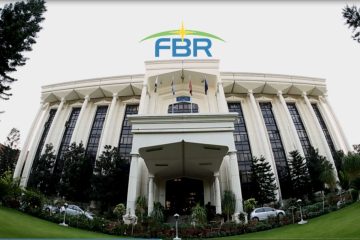The Pakistan Chemists and Druggists Association (PCDA) has strongly condemned the imposition of an 18% general sales tax (GST) on alternative medicines, demanding its immediate withdrawal.
Impact on Affordability and Availability
The PCDA argues that the tax hike will increase prices by 20-25%, making these medicines unaffordable for the middle class, who are the primary users of alternative therapies like herbal and homeopathic remedies. This could have a negative impact on public health as people resort to skipping or rationing essential medications.
Disruption in Distribution System
The association further warns that the GST will not only affect consumers but also disrupt the entire supply chain. Importers, traders, and retailers could face financial strain, potentially leading to shortages of alternative medicines nationwide.
Demands and Solutions
The PCDA has urged the government to reconsider the tax policy. They propose two solutions:
- Subsidies and Concessions: The government could provide financial support to the pharmaceutical sector, making alternative medicines more affordable for consumers.
- Tax Exemptions: The PCDA demands an exemption from GST, additional taxes, and withholding tax for non-filers on all medicines regulated under the DRAP Act and Medical Device Act. This would require amendments to the Finance Bill and the issuance of a new SRO (Statutory Regulatory Order).
Potential Consequences of Inaction
The PCDA warns that if the government fails to address their concerns, the rise in medicine prices will have a severe impact on public health, particularly for the middle class who rely on alternative therapies for their well-being.
Looking Ahead
The association’s stance reflects the potential negative consequences of the GST on both affordability and accessibility of alternative medicines in Pakistan. It remains to be seen how the government will respond to the PCDA’s demands.







